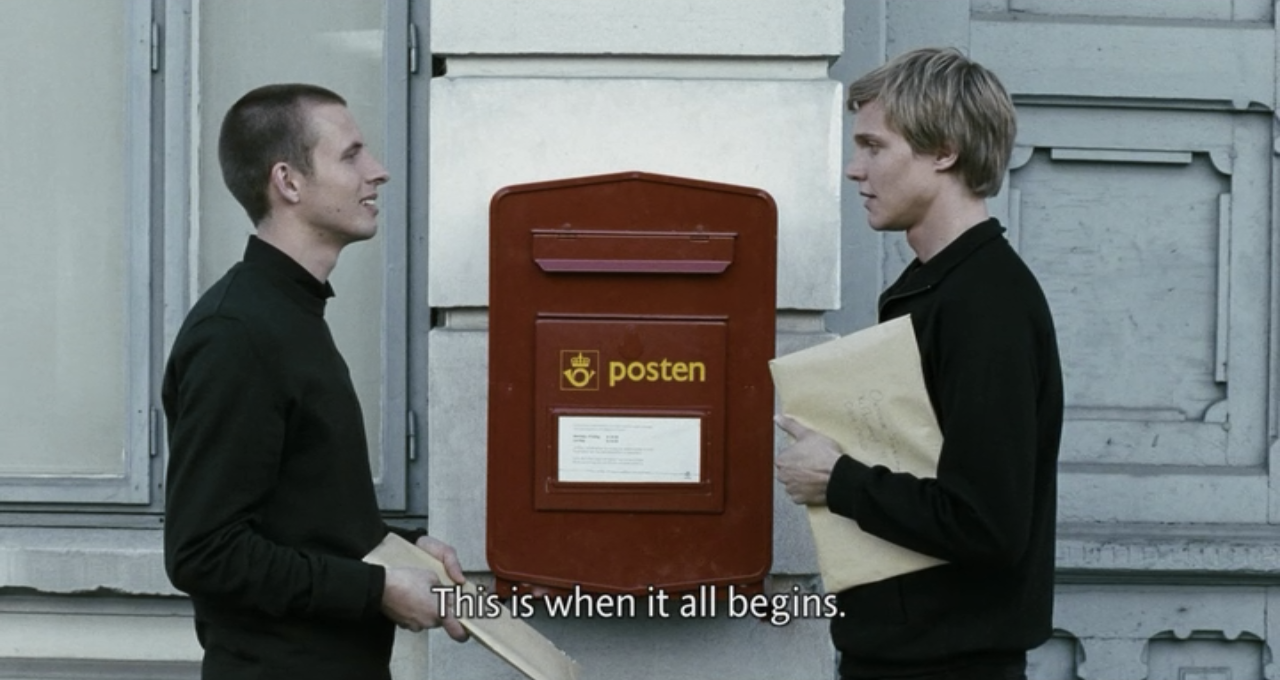 I first saw Reprise this summer (after my sister suggested it) and knew I wanted to recommend the film, but it seemed too heavy for the humid summer days that begged for lemonade and laughter. Now, with Fall turning the light cold and days short it was the perfect time to re-watch the film and process my thoughts textually. I liked the film immensely, but it's very much something you feel more than purely enjoy--for one thing it doesn't follow a traditional timeline, but jumps around much as our own thoughts and moods do.
I first saw Reprise this summer (after my sister suggested it) and knew I wanted to recommend the film, but it seemed too heavy for the humid summer days that begged for lemonade and laughter. Now, with Fall turning the light cold and days short it was the perfect time to re-watch the film and process my thoughts textually. I liked the film immensely, but it's very much something you feel more than purely enjoy--for one thing it doesn't follow a traditional timeline, but jumps around much as our own thoughts and moods do.The focus of the film is two, young aspiring writers and childhood friends (Phillip and Erik). We begin with the submission of their manuscripts and through narration we see their visions of the future--yet as quickly as that dream is viewed it disappears and reality returns. Only one manuscript is accepted. Happy relationships shatter like glass. Both struggle to find direction. They dream of Paris; Phillip even returns with ex-girlfriend Kari but even "the city of lights" can't lift some of the gloomiest scenes in the movie. Paris is just an attempted escape, but we always carry our emotional baggage with us when we pack our luggage and there's no vacation from ourselves.
The film's style has many nods to French New Wave, but maintains a distinct voice. Time is fluid. We skip between past, present, and projections of an uncertain future. Emotions fluctuate. Pure joy is followed by despair and chased by ennui of crowded punk rock shows, shallow conversations, and cigarettes. The end is much like the beginning--an abrupt ambiguous mix of present and future projections that ends like an unfinished novel.
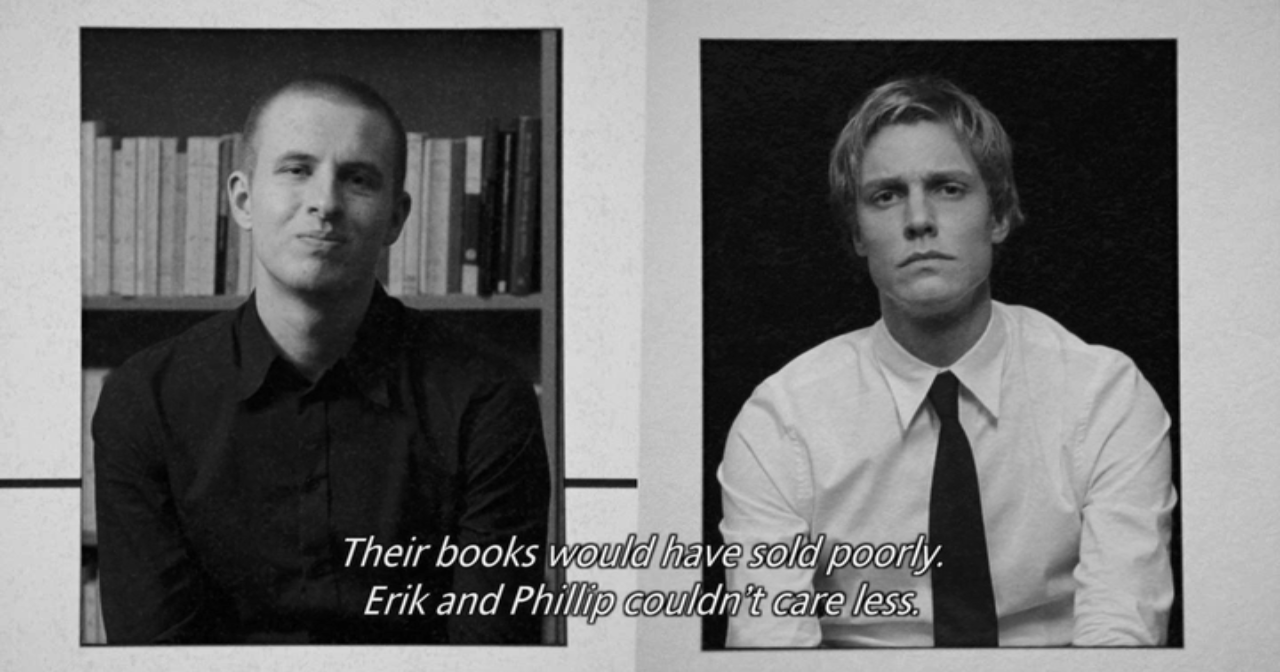
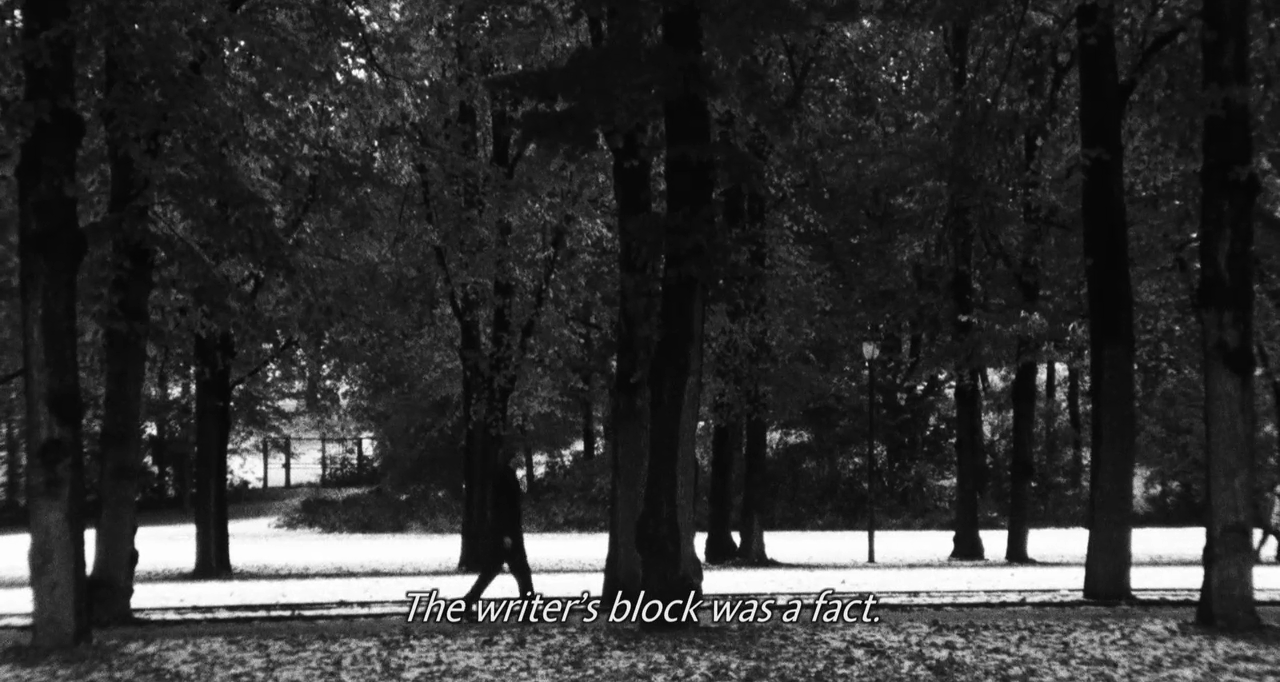
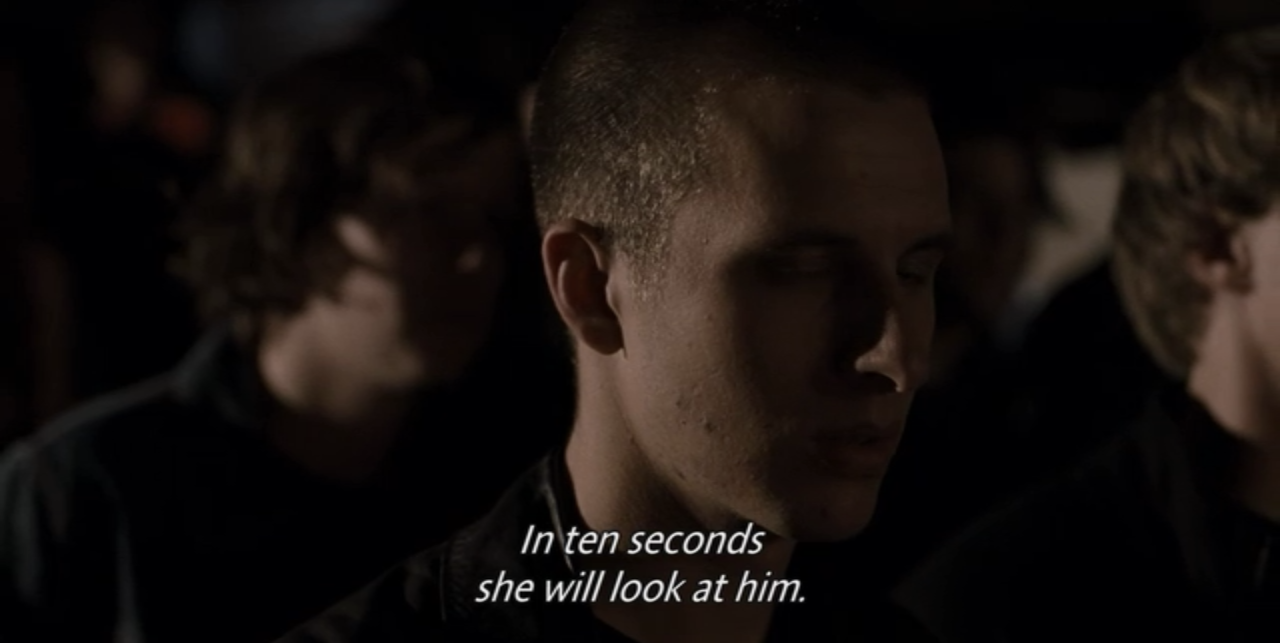
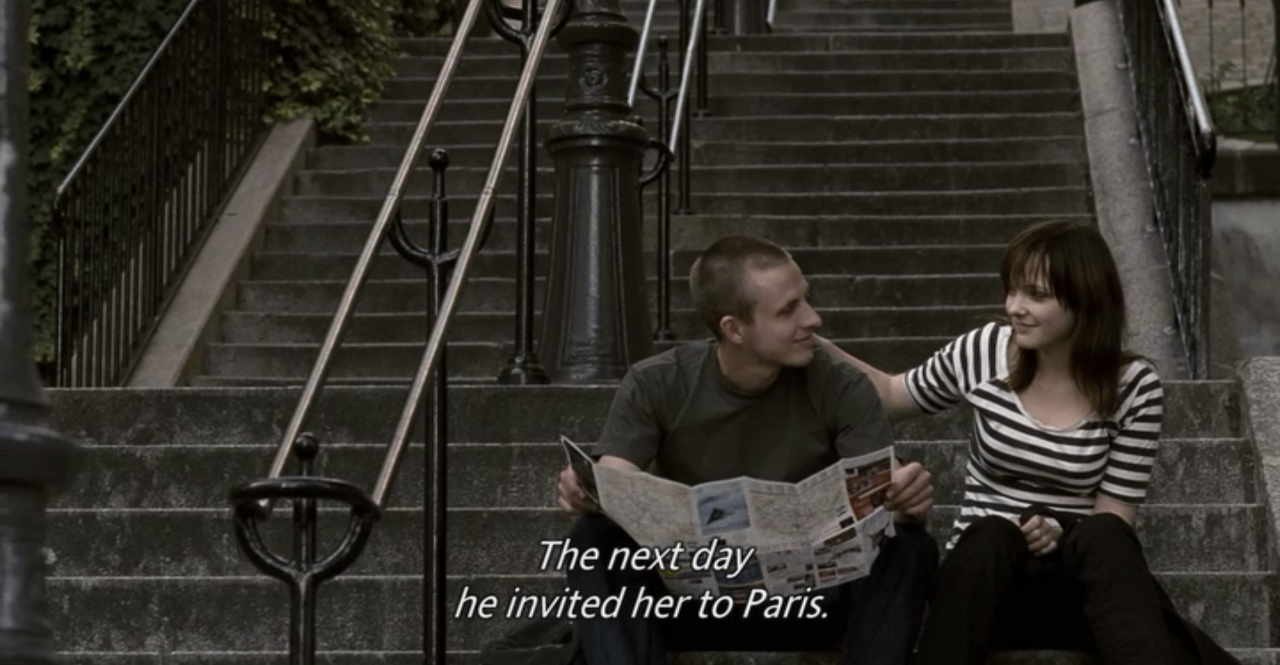
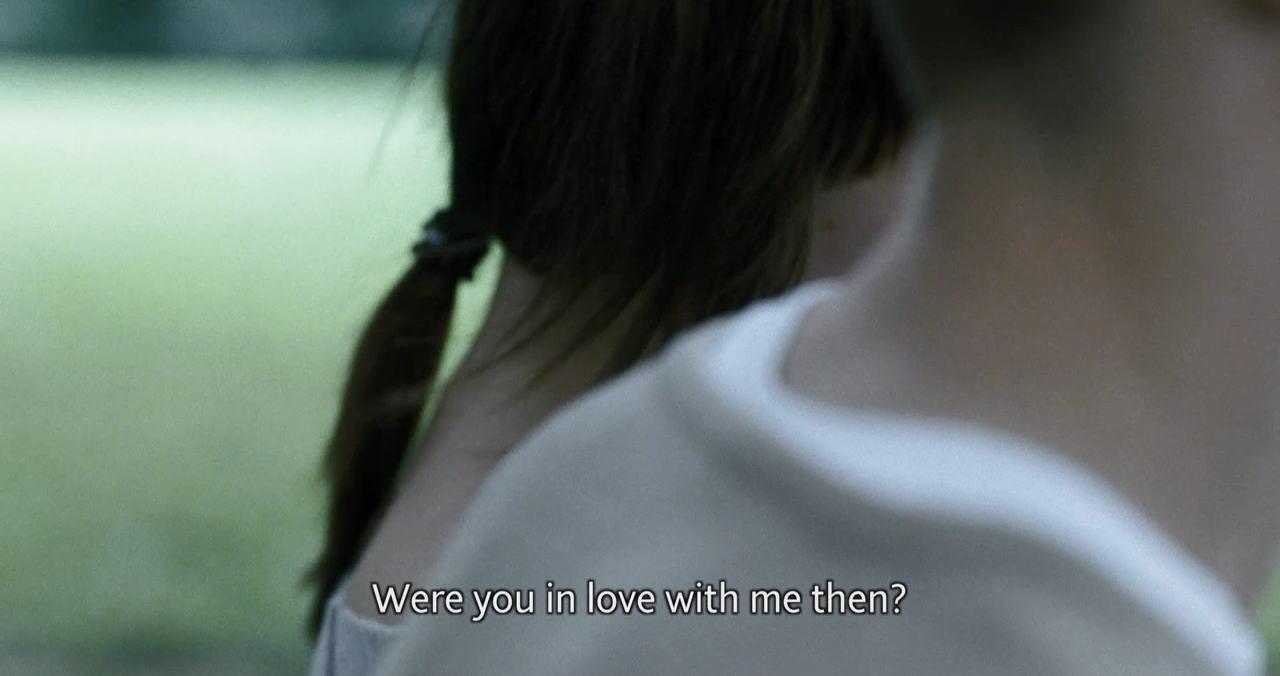
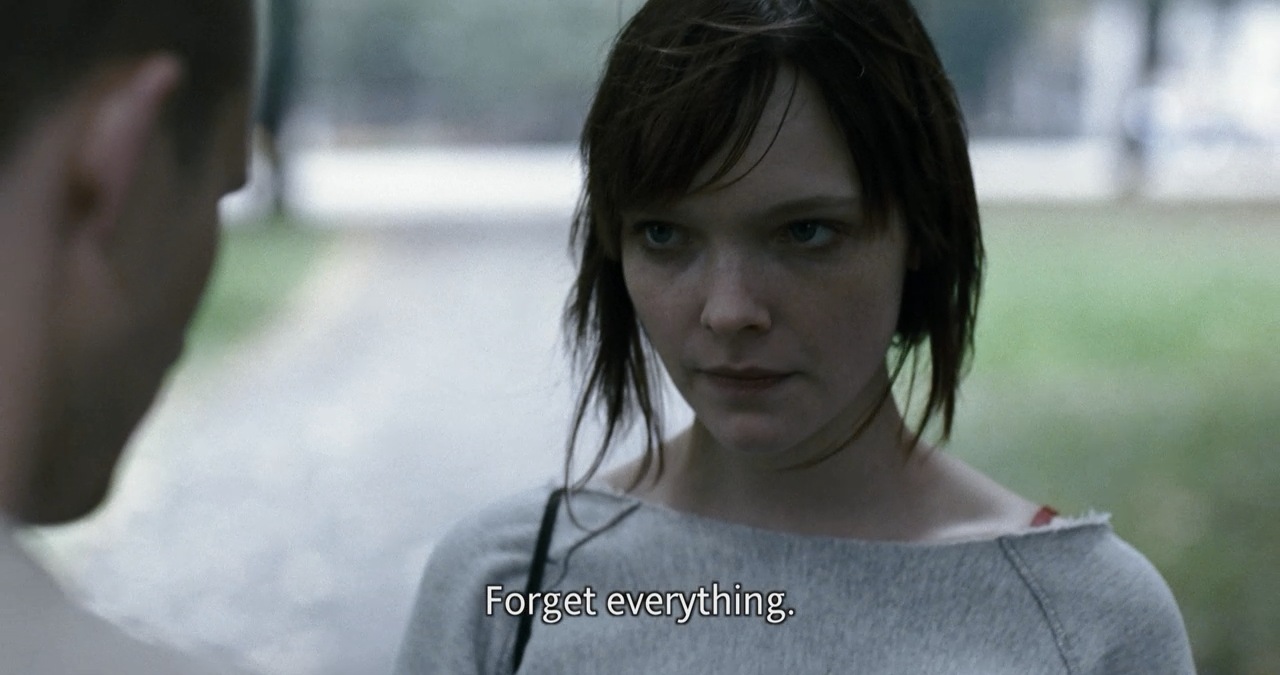
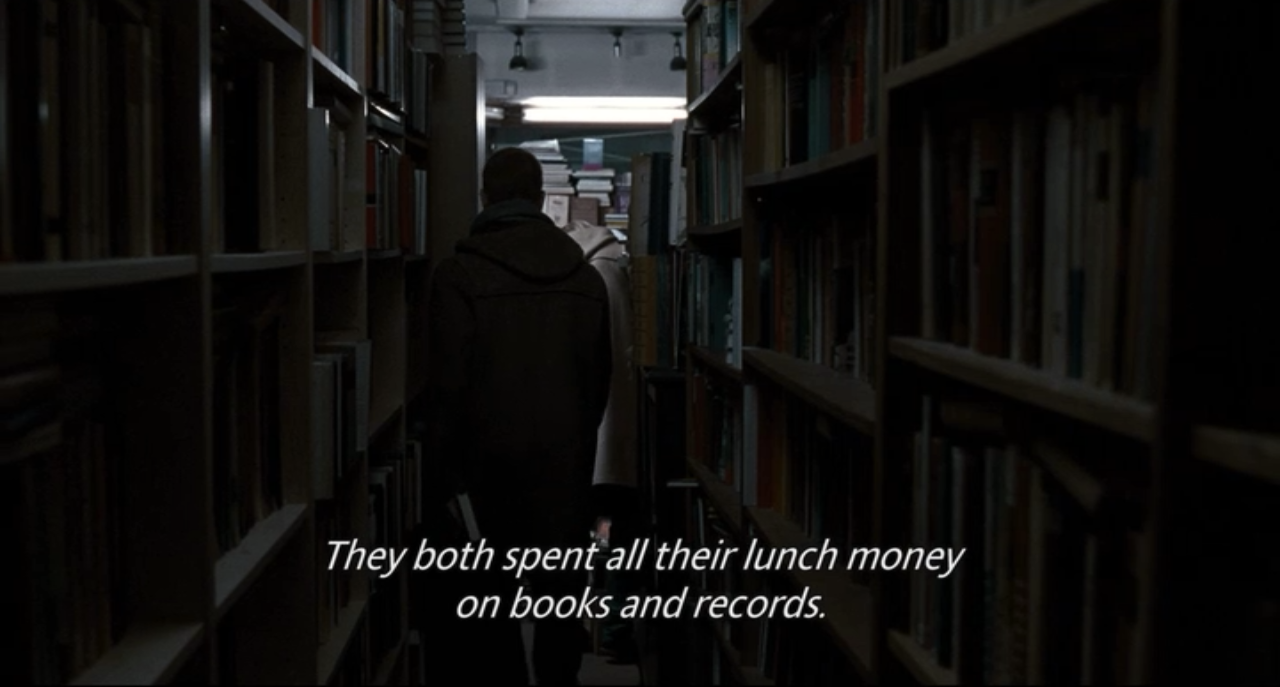
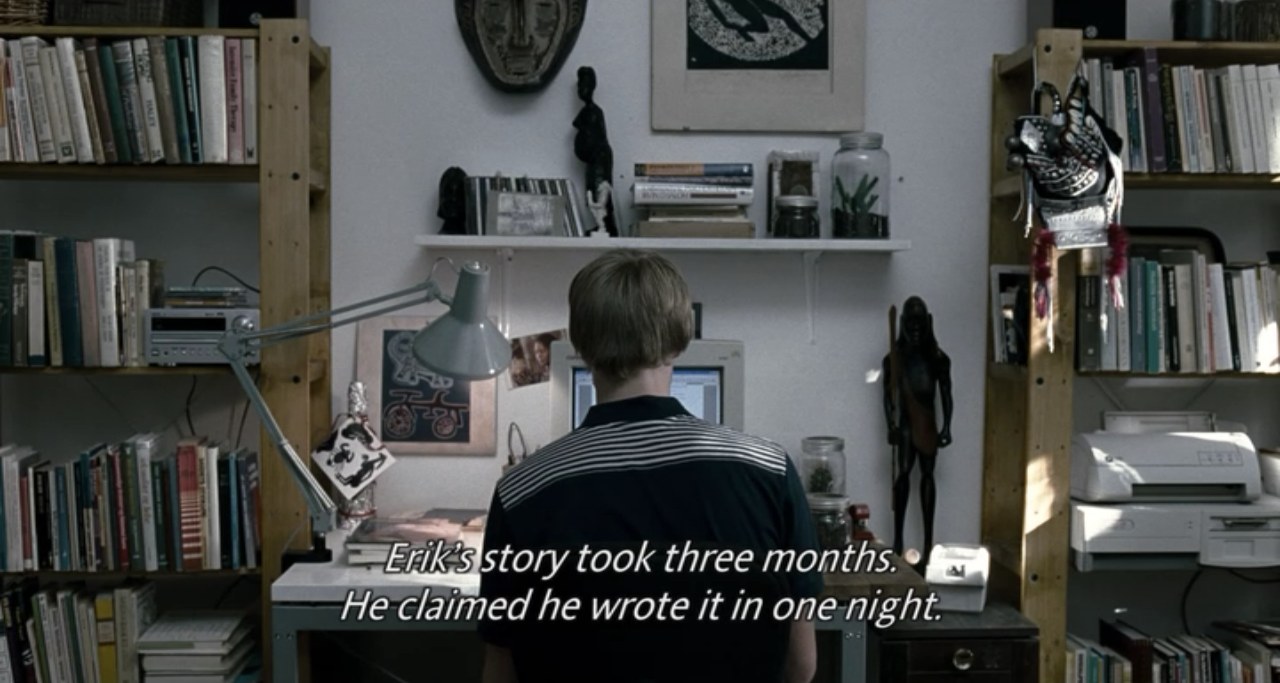
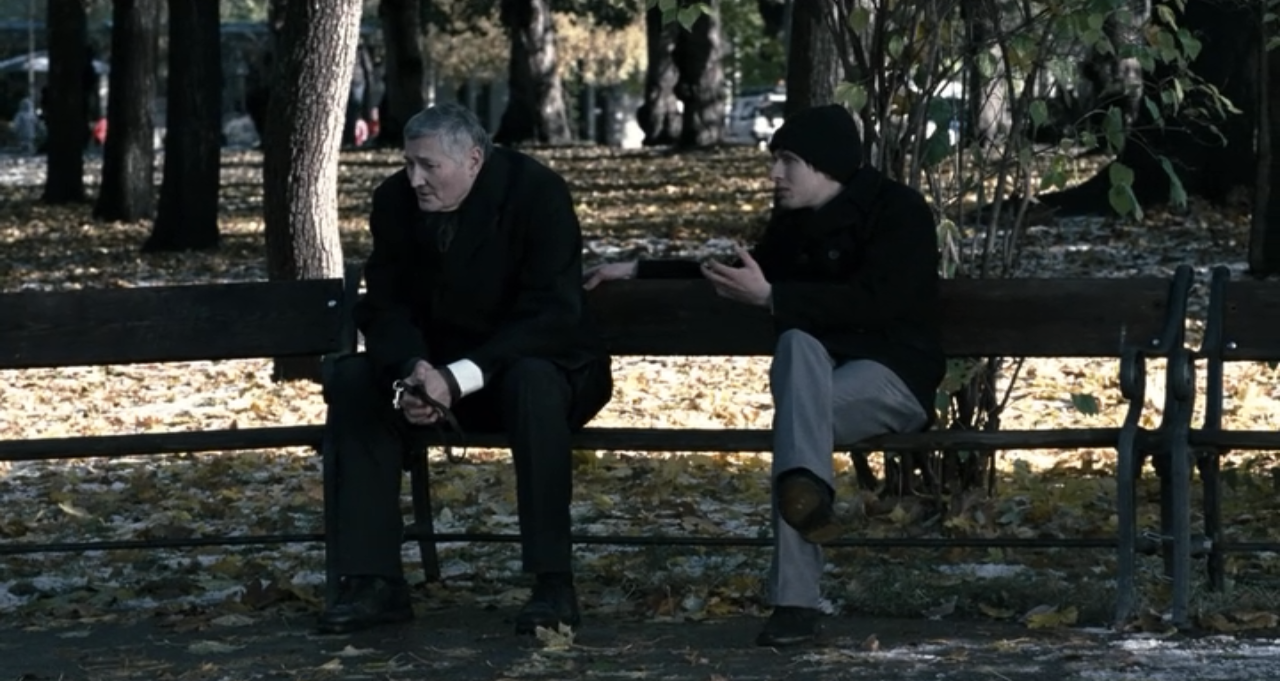
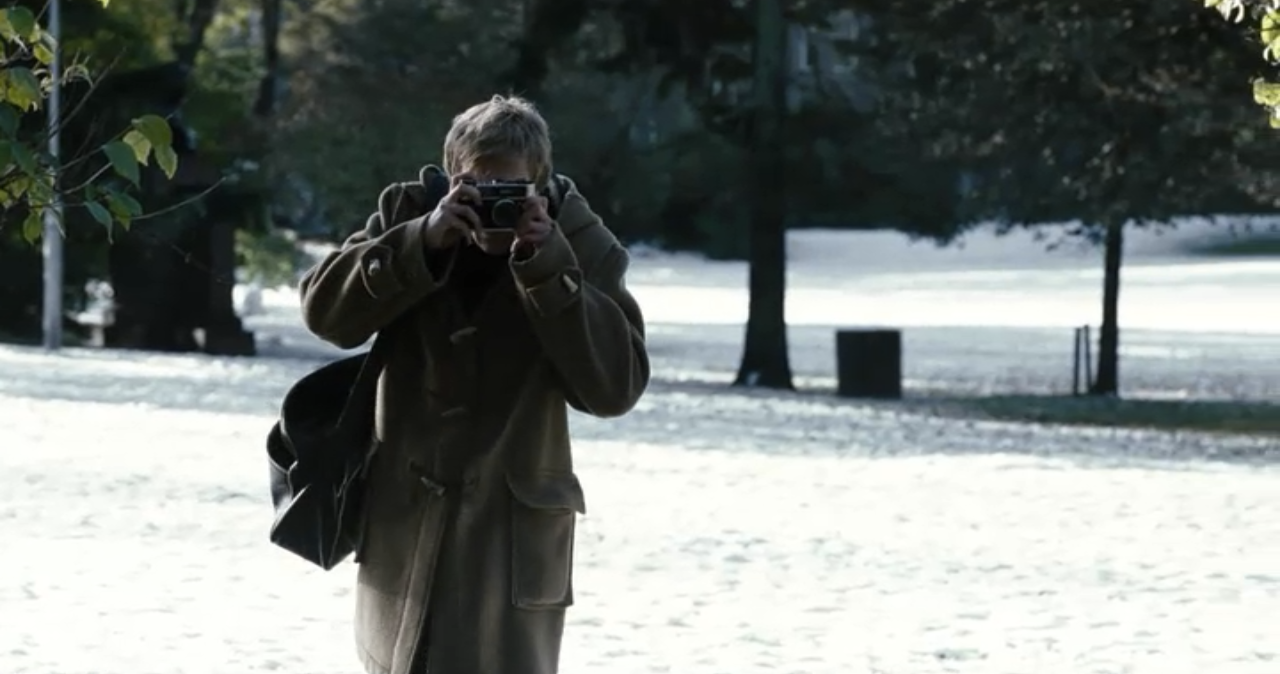
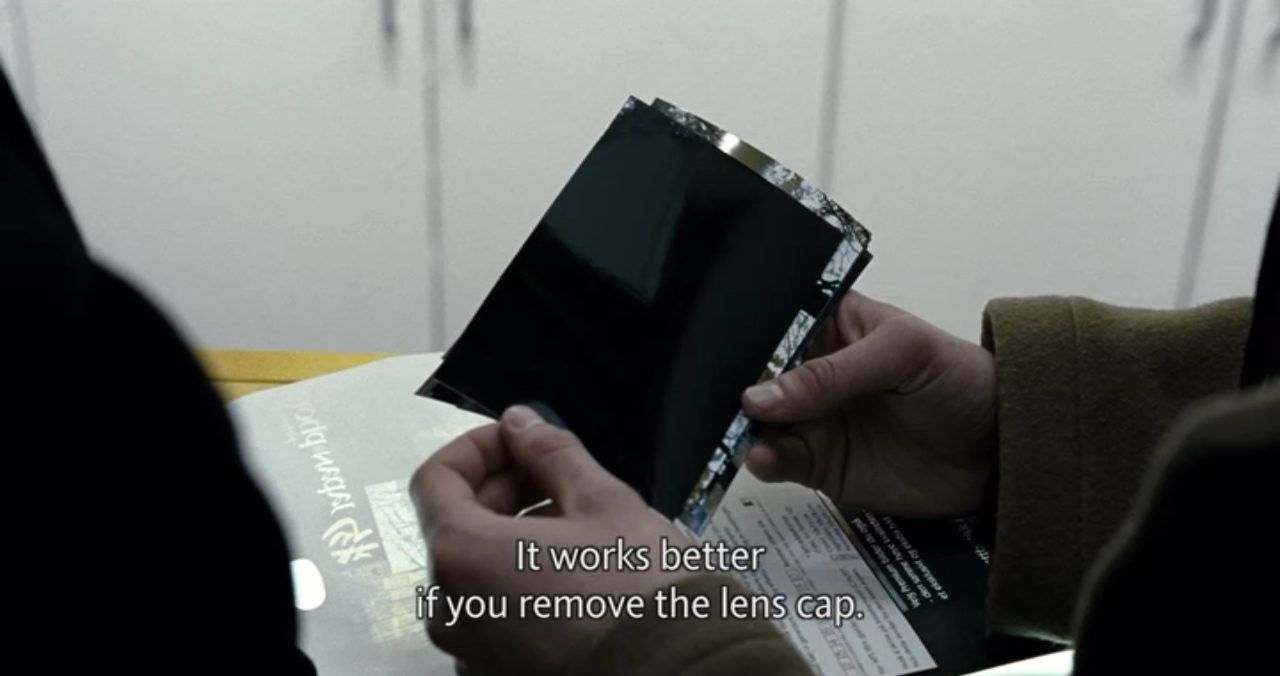
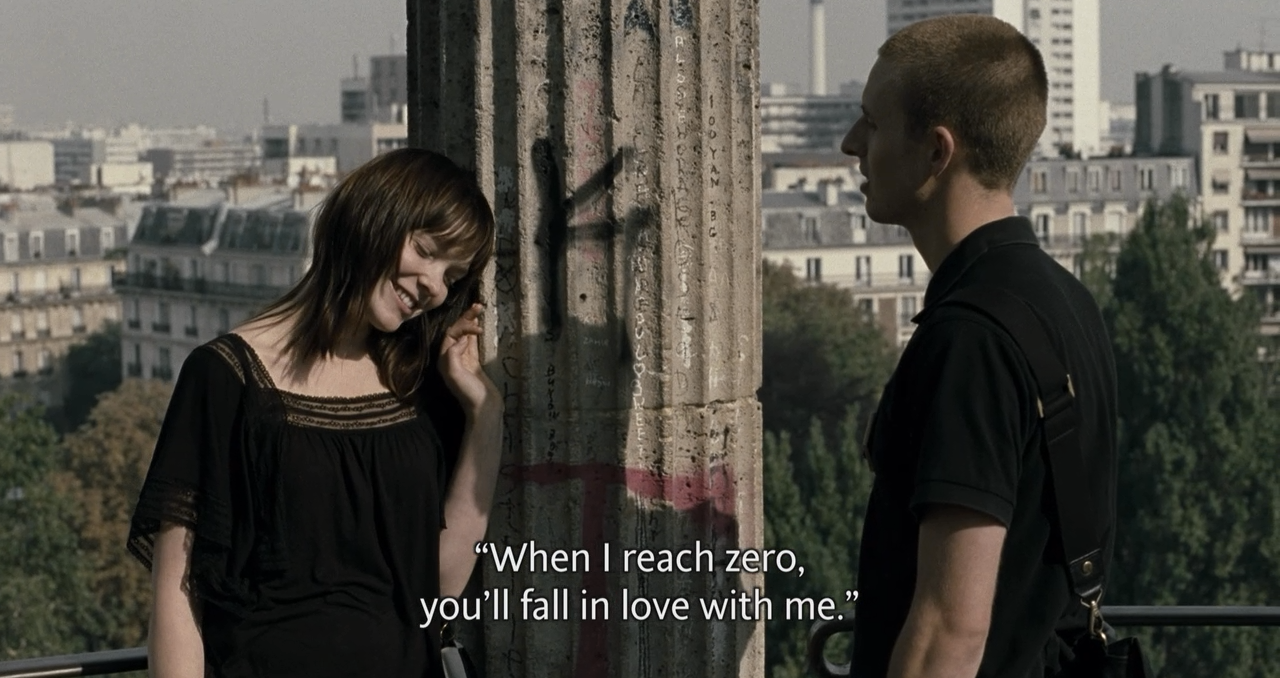
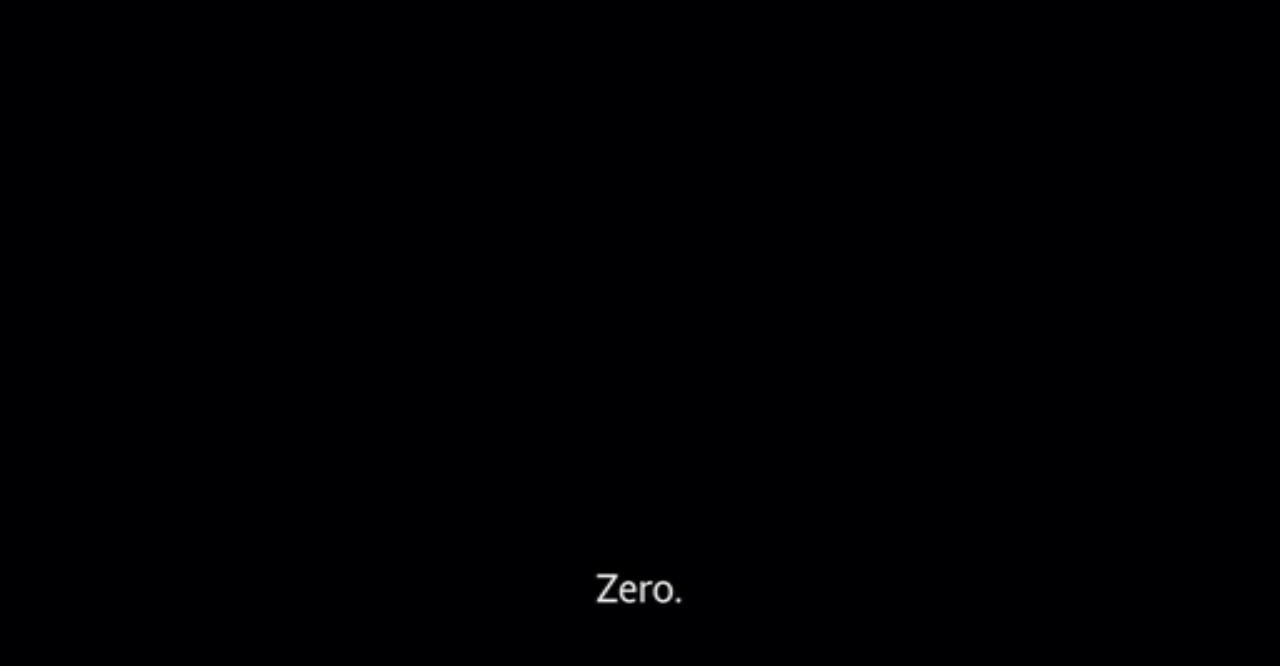
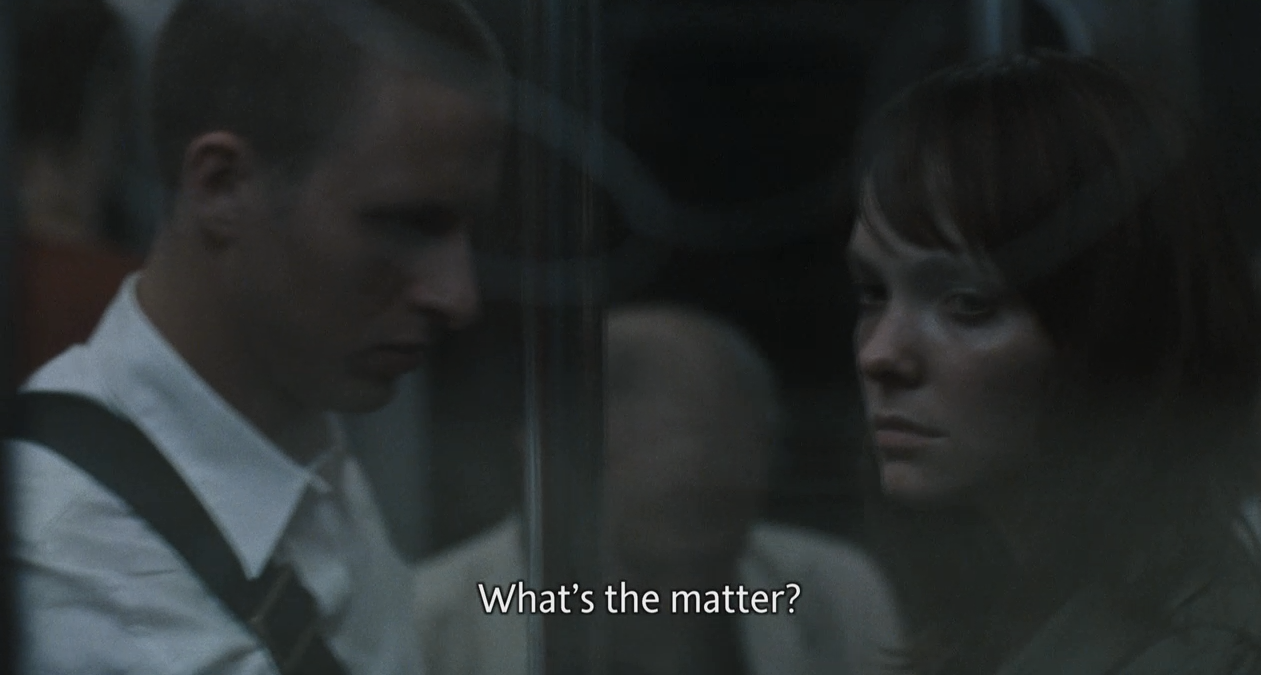
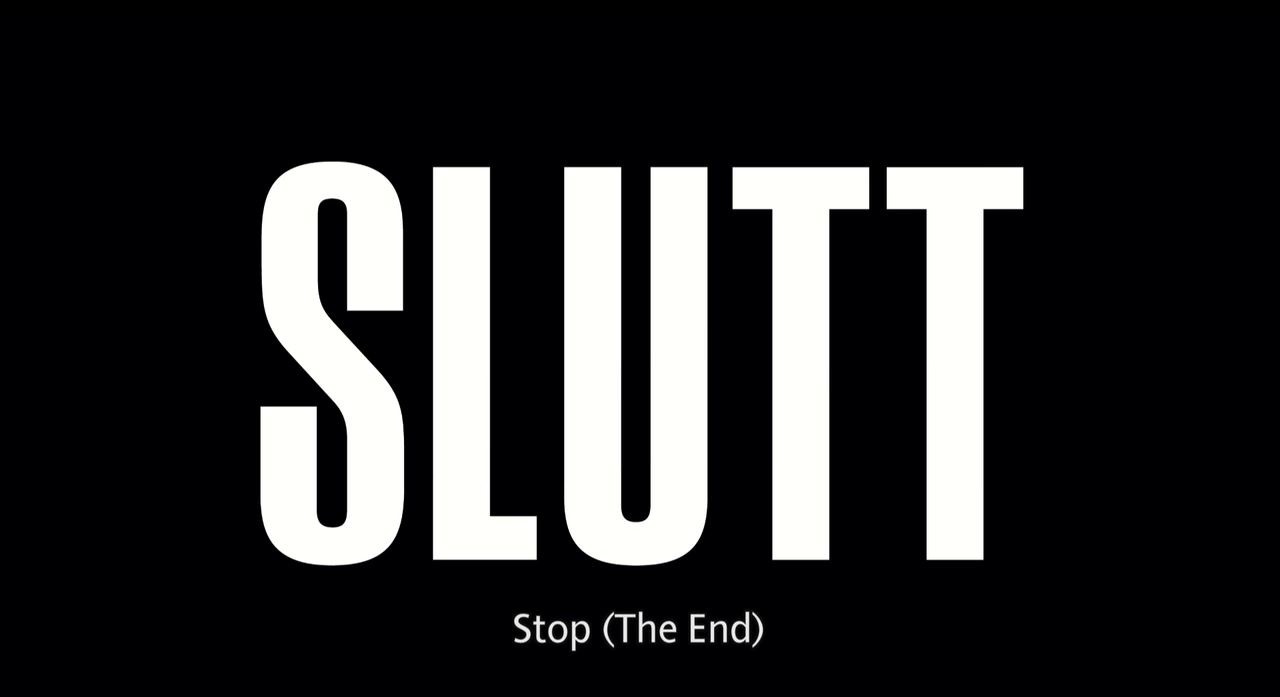

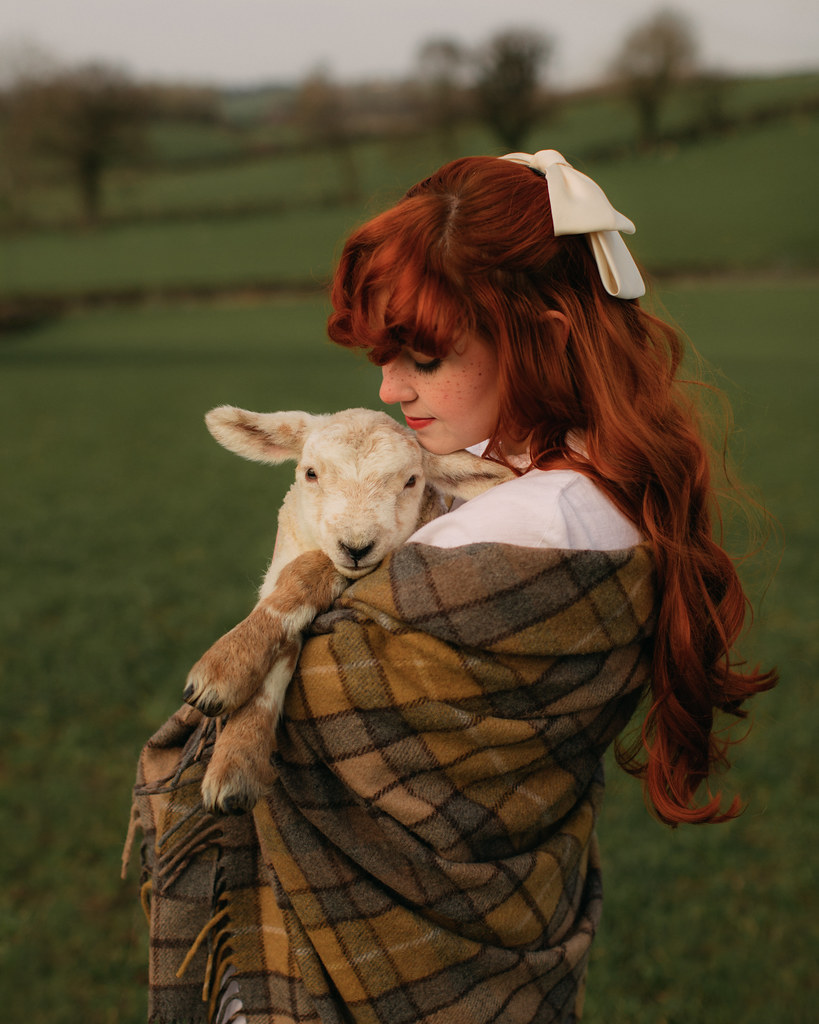


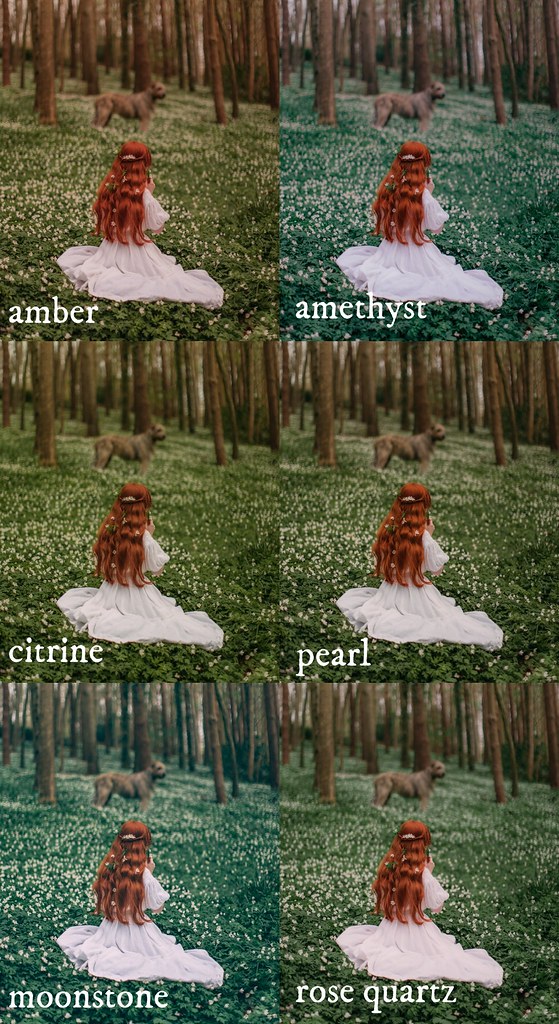
CONVERSATION